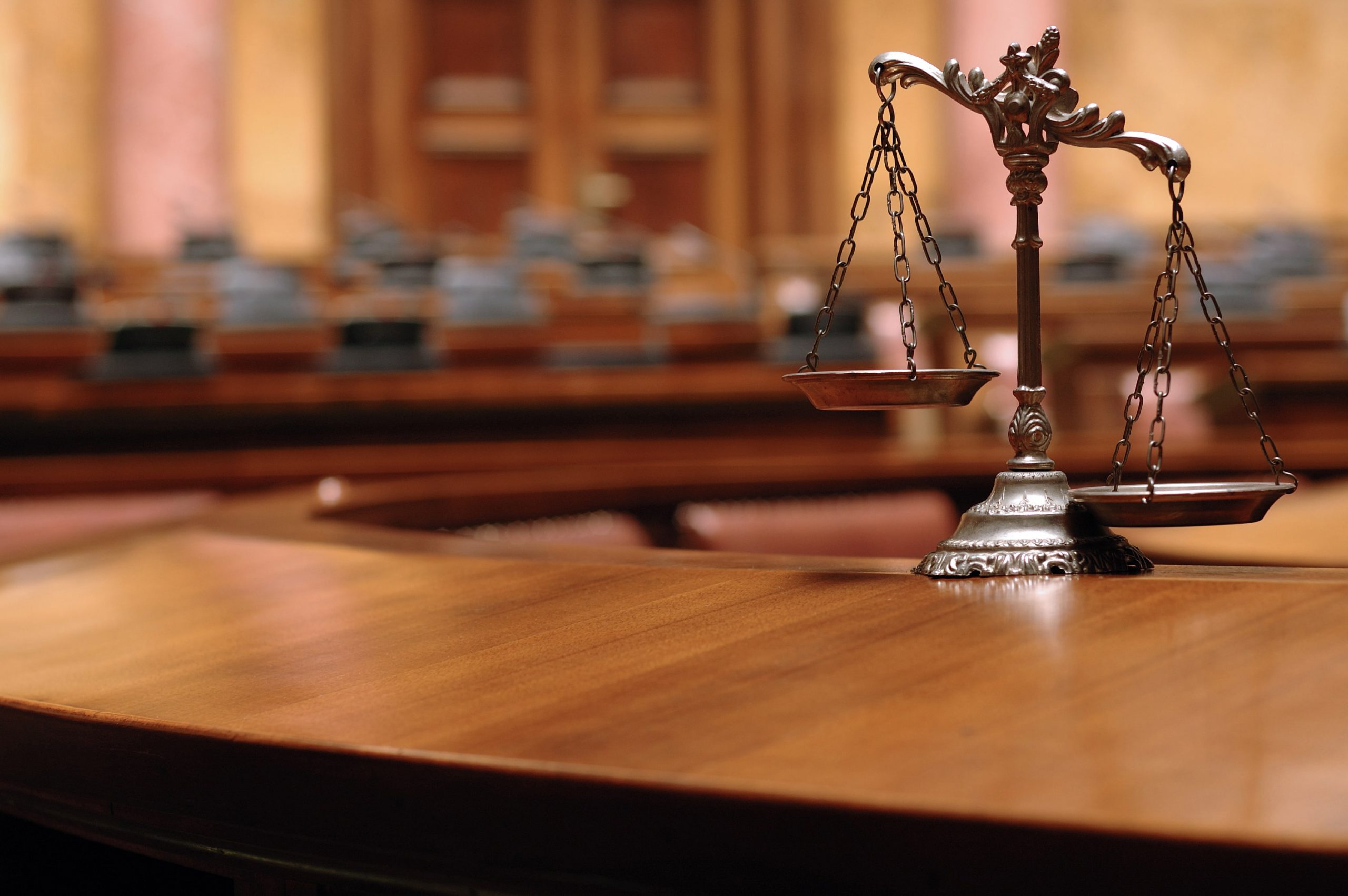Attorney's Suggestions on Habeas Corpus and Your Lawful Defenses
Attorney's Suggestions on Habeas Corpus and Your Lawful Defenses
Blog Article
Recognizing the Duty of a Post-Conviction Attorney in Seeking Justice After a Criminal Conviction
In the facility landscape of post-conviction lawful procedures, the function of a post-conviction legal representative is crucial in browsing the course to justice after a criminal conviction. Past the boundaries of a trial, these lawyers participate in a diverse approach focused on discovering new proof, difficult legal mistakes, and supporting for their clients' rights. The intricacies of post-conviction job need a blend of lawful acumen, investigative skills, and critical assuming to unwind the complexities of a case and seek opportunities that may have been neglected or underexplored. As the pursuit of justice expands beyond the confines of first process, the duty of a post-conviction attorney becomes a beacon of wish for those looking for to fix oppressions and recover their legal rights within the lawful system.
Post-Conviction Lawyer's Investigative Work
Post-conviction lawyers participate in careful investigative job to reveal new proof, procedural mistakes, or transgression that could possibly result in reversing a sentence. This investigative phase is essential in the post-conviction procedure as it aims to determine any kind of ignored details or legal missteps that might have influenced the outcome of the first trial. Post-conviction lawyers delve right into case data, witness testimonies, and lawful documents with a fine-tooth comb, browsing for any kind of inconsistencies or abnormalities that could be grounds for allure.
With thorough examination, post-conviction legal representatives aim to drop light on possible injustices that might have taken place during the original test. They may conduct meetings, talk to experts, and evaluation forensic proof to develop an engaging instance for their clients. By inspecting every facet of the legal procedures, post-conviction lawyers function relentlessly to uncover any type of aspects that might have affected the verdict. Eventually, their investigatory job plays a pivotal role in the quest of justice and the prospective turnaround of wrongful sentences.
Crafting Appeals and Petitions
In the pursuit of justice after a conviction, experienced legal representatives diligently craft appeals and requests to existing engaging arguments for the reconsideration of legal decisions. Crafting appeals and requests needs a deep understanding of the lawful system, focus to information, and strategic thinking. Post-conviction lawyers analyze trial records, recognize possible errors or infractions of legal rights, and create lawful arguments to challenge the sentence or sentence.
When crafting an appeal, attorneys focus on highlighting lawful errors that might have influenced the result of the situation. They look into situation legislation, statutes, and lawful precedents to sustain their debates. Requests, on the other hand, might include presenting new proof that was not readily available throughout the trial or demonstrating adjustments in the regulation that call for a review of the conviction.
Moreover, post-conviction lawyers must comply with stringent step-by-step policies and target dates when submitting appeals and requests. They need to present their debates plainly and persuasively to convince the court to approve relief to their clients. Via careful crafting of appeals and requests, post-conviction lawyers aim to safeguard justice for individuals that have been wrongfully founded guilty or unjustly sentenced.

Going After Post-Conviction Alleviation
Post-conviction alleviation includes an array of legal devices developed to test the validity of a sentence or sentence. Post-conviction lawyers play a critical function in browsing these complex procedures, making certain that all legal choices are explored to correct oppressions that may have happened throughout the trial or sentencing stage.
One common form of post-conviction relief is filing an application for post-conviction alleviation, usually based on cases of ineffective support of guidance, prosecutorial transgression, freshly uncovered proof, or constitutional infractions. Experienced post-conviction attorneys have the abilities and knowledge necessary to identify practical legal insurance claims, carry out investigations, and existing compelling disagreements to safeguard relief for their customers.
Using Forensic Evidence
When testing a conviction or sentence, the calculated use of forensic evidence can be a powerful tool in post-conviction legal proceedings. Forensic proof includes a large range of clinical techniques made use of to explore criminal activities and establish facts This Site in court. Post-conviction legal representatives can take advantage of forensic proof to test the validity of sentences by offering new scientific searchings for that were not readily available during the original test.

Taking Part In Sentence Modifications
Post-conviction lawyers may check out the opportunity of sentence alterations as a lawful method to attend to out of proportion or unfair sentences bied far in criminal situations. Sentence modifications involve looking for adjustments to the regards to an accused's sentence after a conviction has occurred. These alterations can consist of minimizing the length of a sentence, changing the type of penalty enforced, or checking out alternate sentencing options.
Post-conviction lawyers can seek sentence alterations with various lawful devices, such as filing motions for sentence decrease, appealing for thoughtful launch, or bargaining plea bargains for minimized sentences. They must carefully assess the scenarios of the situation, analyze the legal grounds for looking for an adjustment, and existing compelling arguments to the court sustaining the requirement for a revised sentence.
Taking part in sentence adjustments needs a comprehensive understanding of criminal regulation, sentencing standards, and the certain procedures entailed in seeking post-conviction alleviation. Post-conviction attorneys play a crucial role in advocating for reasonable and just outcomes by tough sentences that are unduly severe or do not align with the concepts of justice.
Conclusion
To conclude, the duty of a post-conviction attorney is important in seeking justice after a criminal sentence. Through investigatory work, crafting charms and petitions, seeking post-conviction alleviation, using forensic evidence, and involving in sentence adjustments, these attorneys play an essential role in promoting for their clients and guaranteeing that their civil liberties are upheld within the criminal justice system. Their commitment and know-how are essential in navigating the complexities of post-conviction process and attaining a fair result for individuals encountering criminal sentences.
Report this page